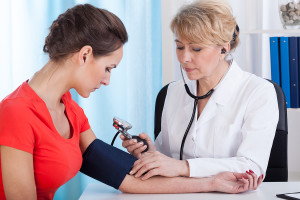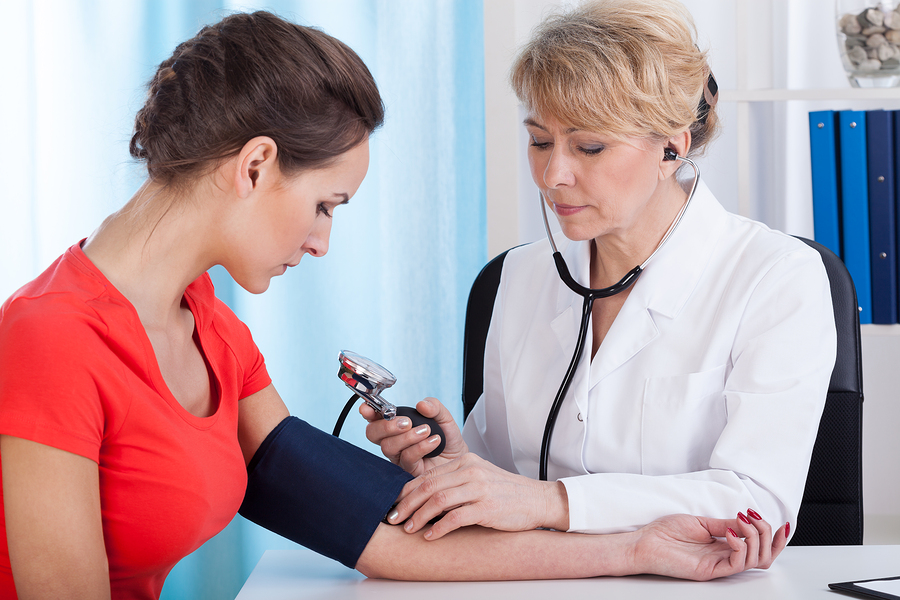How to Prepare for a Physical Exam
 Even if you’re generally healthy, your employer, school, camp, or sporting league may require you to periodically see a medical professional for a physical examination. The goal is to confirm that you can safely participate in the intended activities. To help you make the most of your physical, here’s a general idea of what to expect and how to prepare:
Even if you’re generally healthy, your employer, school, camp, or sporting league may require you to periodically see a medical professional for a physical examination. The goal is to confirm that you can safely participate in the intended activities. To help you make the most of your physical, here’s a general idea of what to expect and how to prepare:
The “Physical” Part
During a physical exam, you can expect your provider to check your vital signs, including your blood pressure and heart rate, and examine your eyes, ears, nose, and mouth. He or she can also test your vision and hearing and examine your skin for unusual moles and growths. Your provider will record your height and weight and then calculate your body mass index (BMI), a measure that can be used to determine if you are overweight or obese. Finally, your provider can determine whether you’re due for any immunizations, and also suggest routine screening tests that may be appropriate for you.
Other Important Aspects of a Physical Exam
A key part of a physical exam is the exchange of information. This is your opportunity to ask your provider specific questions and receive individualized guidance on healthy living practices. For instance, your provider can offer valuable advice on nutrition, exercise, stress management, sleep, smoking cessation, and more. Significantly, he or she can also shed light on anything that you might be doing in your personal or professional life that could be putting you at risk for developing health issues.
To get the full benefit of your time with your provider, here are a few things you can do in advance of your physical exam:
- Review your medical history. You might find it helpful to keep a log, which you can refer to during your upcoming physical and all future physicals. Include your allergies, if any, as well as any medical procedures or surgeries you’ve had, along with the dates they were performed and the names of your treating physicians.
- Prepare a list of all medications that you are currently taking, including prescription drugs, over-the-counter remedies, vitamins, and herbal supplements.
- Talk with each of your family members about their personal medical history. This is important information to discuss with your provider because some conditions have genetic links.
- Think about how you’ve been feeling, and jot down any health-related concerns you have so that you will remember to mention them to your provider.
If you need a school, sports, camp, or DOT physical, visit South Tampa Immediate Care. You don’t need an appointment to receive a physical at our walk-in clinic in Tampa, FL, where you will be seen by a qualified provider who is experienced in diagnosing and treating many common illnesses and injuries. Visit us today!













